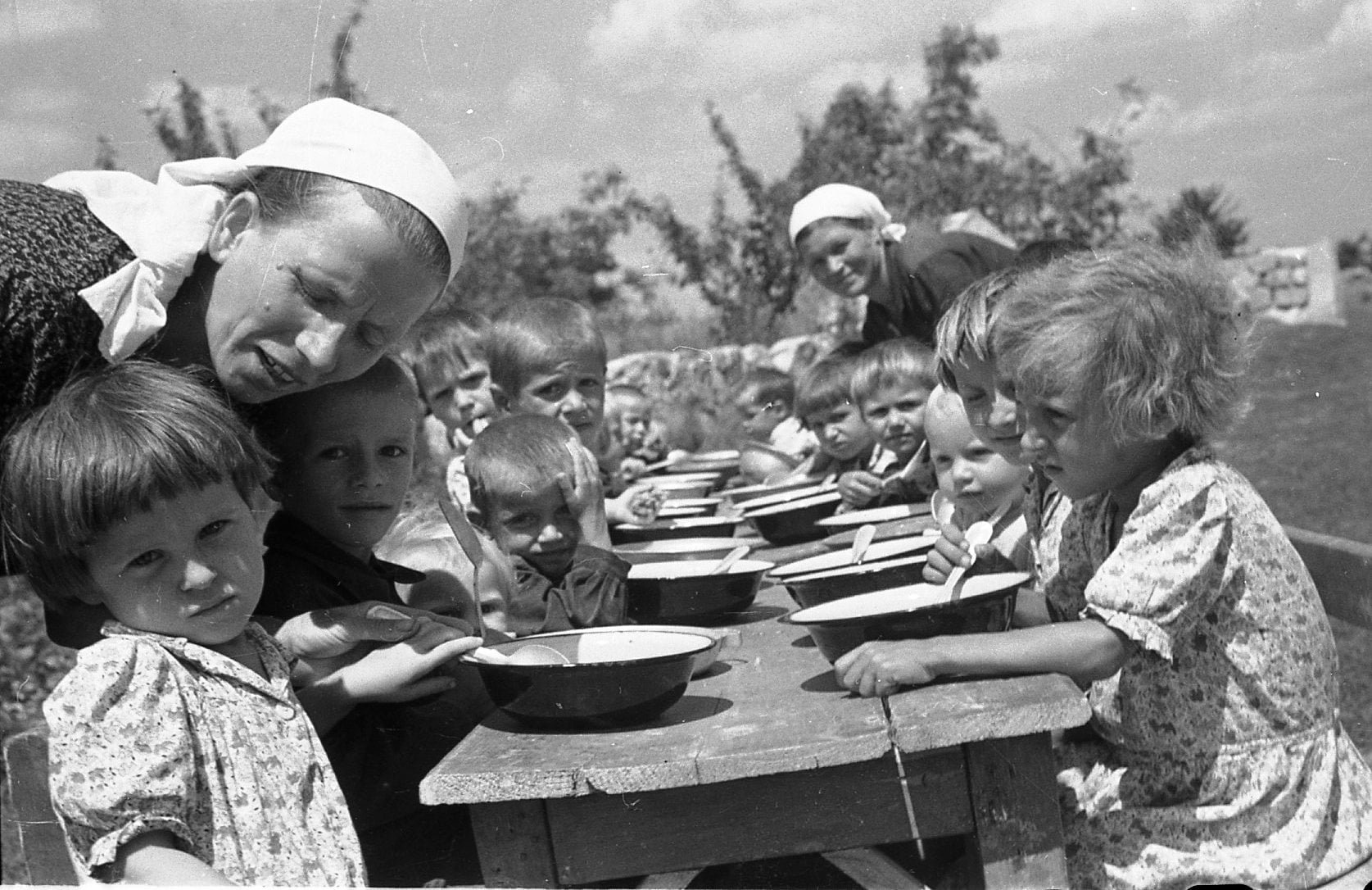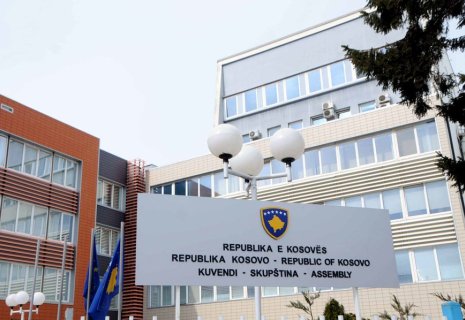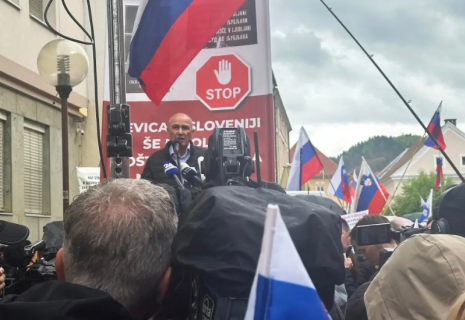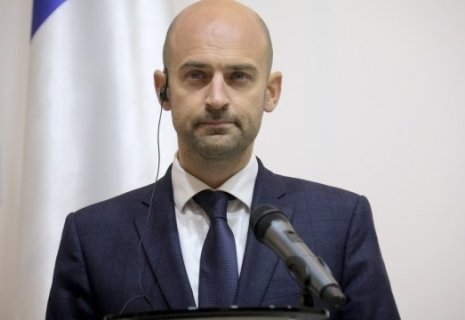
Moldova Remembers 1946 Famine
Moldovan Parliamentary President Igor Grosu has called the organized famine of 1946–1947 the most horrifying tragedy to ever strike the Moldovan Soviet Socialist Republic (now the Republic of Moldova). His remarks came as the country marked the Day of Commemoration of the Victims of the Organized Famine, observed annually on the third Saturday of April, CE Report quotes MOLDPRES
Grosu emphasized that the famine, which killed over 120,000 people in just nine months, was not a natural disaster but a deliberate policy by the Kremlin aimed at forcing Sovietization. He described the mass starvation as a calculated act, with grain being confiscated by the Soviet regime regardless of the peasants’ own survival needs.
“There is hardly a village in Moldova that didn’t suffer,” Grosu said, recalling the devastating toll on communities such as his native Cahul. He urged Moldovans to remember this dark chapter and draw strength from it in building a peaceful, democratic, and European future.
According to the National Archive Agency, Moldova suffered the highest famine-related death rate in the Soviet Union, with fatalities accounting for around 5% of the population—ten times higher than in Russia.
To honor the victims, an exhibition highlighting the causes and consequences of the famine has been opened outside the government building in Chișinău.
























